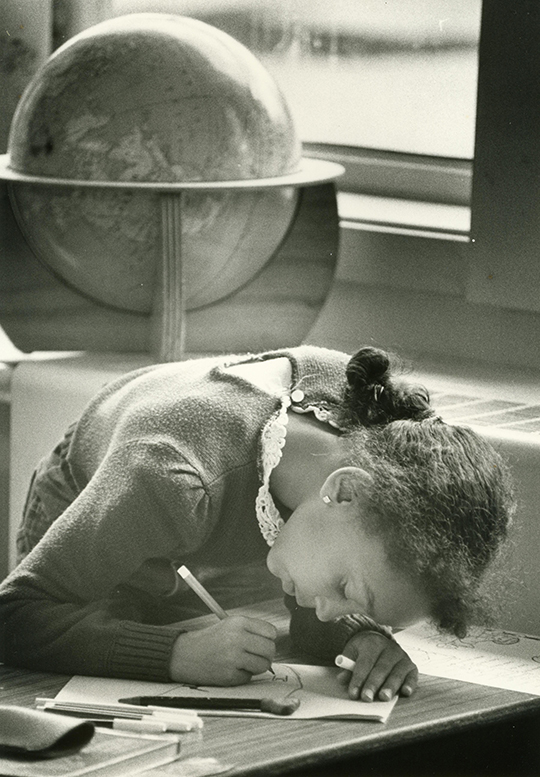Boldt decision and Indian fishing rights

Yelm Jim's fish trap on the Puyallup River. Washington State Archives. State Library Photograph Collection, 1851-1990. c. 1885.
In the 1850s Gov. Isaac Stevens and native tribes signed a series of treaties that established a legal framework for European-American settlement of lands previously occupied by the tribes. One of the concessions the tribes received was the right to continue fishing in their accustomed places using their customary practices.
As Washington’s population increased, large commercial and sports fisheries developed. As fish populations decreased, the state of Washington sought to regulate tribal fishing the same way it regulated commercial and sport fishing. Tribal fishermen opposed this regulation as a violation of their treaty rights. In 1974 the United States sued the state of Washington on behalf of Indian tribes to uphold the letter and spirit of the treaties. The case was heard in U.S. District Court by Judge George Boldt.
 Start with secondary sources
Start with secondary sources
Use secondary sources to gain basic knowledge of your topic, its significance, and historical context.
Ask a Librarian online at Washington State Library to get expert help in locating useful secondary sources.
Then use primary sources
Use primary sources to deepen your understanding of the topic, and assemble evidence to support your own analysis and interpretation.
Ask an Archivist online at Washington State Archives to get expert help in locating useful primary sources.
Some key historical research questions:
What was the judge’s decision?
- Why is this case often referred to as the “Boldt decision” rather than United States v. Washington (its official title)?
- How did native tribes protest against state regulation of their fisheries before the Boldt decision?
- How successful were those protests?
- How have the tribes worked with the regulation of fisheries since the Boldt decision?
- What impact has this decision had on tribal fishing rights?
- What impact has it had on the commercial and sport fisheries?
- Consider other possibilities for historical questions as you analyze and interpret this topic.
Back to History Day topic guide
